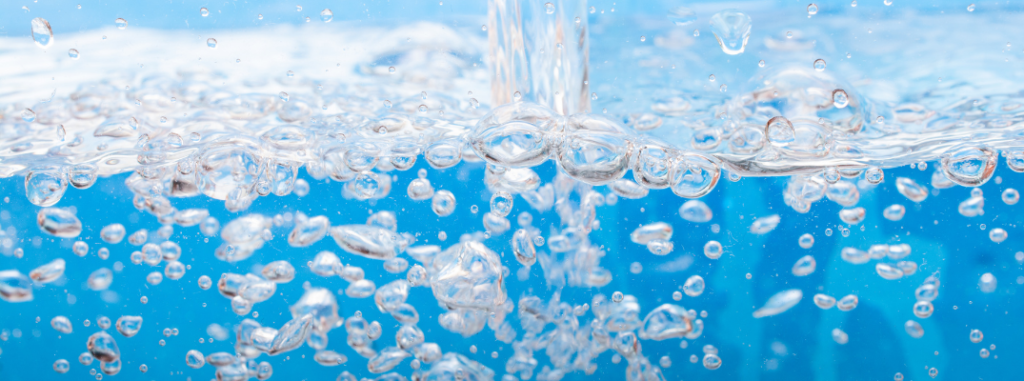My first semester in the UNN was one big culture shock but the most significant adjustment was the water life. When I first bought my household items for school, I bought only 2 big buckets and on returning to the hostel my new roommates after having a good laugh gave me a lecture on water life on campus. First, I needed a small bucket in addition to my big ones because the way the water system was set up I couldn’t afford to bath with a big bucket of water. Basically, the taps in front of the hostel flowed from 5:30 – 7:00 am every morning. At this time, students queue in front of the taps to fill buckets, kegs and whatever else they used in storing water. Later in the day, a water tanker makes rounds to hostels filling the water tanks outside. It is a survival of the fittest, as students have to lug these buckets up two or three floors; the lazy lucky ones lived on the ground floor. On random days though, the tap didn’t run and disappointed students had to rely on the tankers. On these days and a few days after, the queues were long and the fights common, yet there was no assurance that you’ll get water. Last Last, You may have to miss a lecture in order to be in front of the queue because you can’t afford to borrow water again or buy another bag of “pure water’ to take a bath.
Most times, the unavailability of water is accompanied by hygiene and sanitation problems and our hostels were no exception. On my own, I would discover that the taps in the toilets and bathrooms were non-functional. So, the WCs didn’t work and the toilets couldn’t be flushed (I mean they can be, but no one will want to pour water they had spent time fetching (coupled with long stairs flights) down the drain). Think about it, if there is no running water in the bathrooms and toilets and the only available water was the one a student had struggled to fetch at 6am or missed lectures to get from the water tank-Disaster!!! Living in the hostel was just one big health hazard. In the same vein, the fact that the cleaners had to haul buckets of water from the tanks up the different floors to do their job made sanitation practically impossible and the fact that many of them were elderly didn’t help. Cleaners had no way of getting water to clean the bathrooms.
I hear uninitiated wondering how we used the toilets then. Let me break down what I call the cycle of mpito:
This is where the almighty pee bucket comes in-Every girl that lived the hostel had one. It is basically a mobile toilet whose contents you transfer to the main toilet once you are done. Don’t turn up your nose. It’s easy to adapt to nonsense, all that food had to go somewhere. Plus, the condition of the toilets was enough motivation to adapt. Ha! I thought I had seen it all till I visited UNEC for a matriculation ceremony and the cleaners kept screaming, “don’t pour o” because the girls often poured urine from the balcony. Have I told you that, if you are unfortunate enough to want to use the toilet during classes, you have no choice but to walk back to your hostel or find a friend that lived in Bello hall and was willing to let you use her bucket? Of course, there were toilets up school, there was just no water so they remain locked.
Most of the situations described above still remain the same. Festac does not still have standard piped water. Of course, people have found a way to survive, to live with the situation; Boreholes where possible, a well with a water pump, bottled and sachet water to meet drinking needs or good old boiling and filtering because:
- An 18-litre Cway bottle currently costs 600 naira and not many can afford it
- There are pictures of people filling these bottles from questionable sources and marketing them as original- Na naija nah.
Today, I live in a serene estate in Port Harcourt surrounded by posh houses. All the houses have boreholes with water stored in overhead tanks, modern plumbing etc. Once in a while though, the system develops a fault- sumo burn, electrical malfunction, something that reminds us that …
Nigeria has a water problem and we have normalized it.



